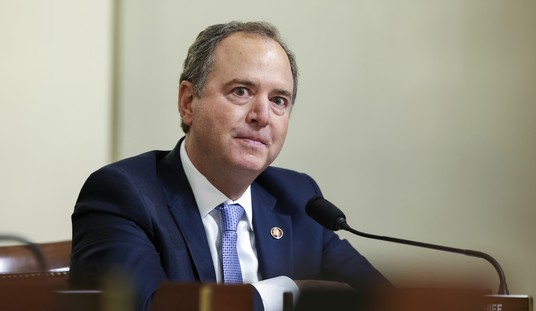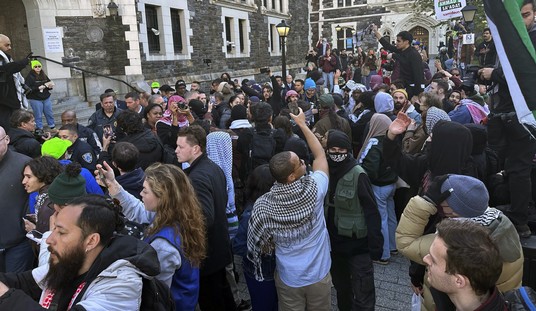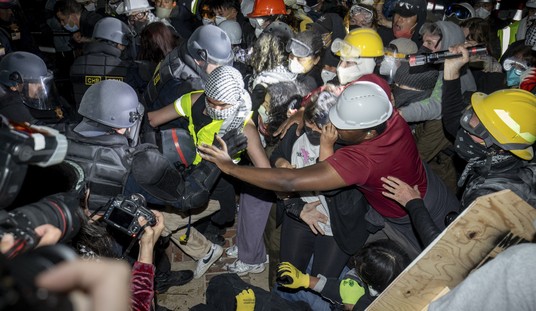Today, FBI Director James Comey testified before the House Oversight Committee to explain his refusal to indict Clinton, despite the fact that she was "extremely careless" concerning the handling of classified information. During his testimony, it was revealed that Comey might have looked at the law differently when deciding whether to charge Clinton.
Rep. Ken Buck asked Comey about 18 U.S. Code 1924, which deals with the unauthorized removal and retention of classified documents or material.
Whoever, being an officer, employee, contractor, or consultant of the United States, and, by virtue of his office, employment, position, or contract, becomes possessed of documents or materials containing classified information of the United States, knowingly removes such documents or materials without authority and with the intent to retain such documents or materials at an unauthorized location shall be fined under this title or imprisoned for not more than one year, or both.Check out the exchange below.
Comey repeated that they needed to prove she had intent to violate the requirements.
Buck got Comey to admit that environmental crimes would be one of the crimes that simply require proof of negligence. He asked Comey if Congress would apply the mens rea, or in other words guilty conscience, standard to environmental crimes.
Recommended
"No if it specifically says it's a negligence based crime, I don't think a judge would impute that," said Comey. Remember, Comey said in his Tuesday press conference that Clinton acted "extremely careless," which is basically another term for negligence.
Buck reminded Comey that Congress did not include the word willingly with the statue in question.
"But Congress specifically omitted the word from this statue, and yet you are implying the word willingly in this statue, is that fair," asked Buck. Comey responded that it is "fair" that he is implying the word.

























Join the conversation as a VIP Member